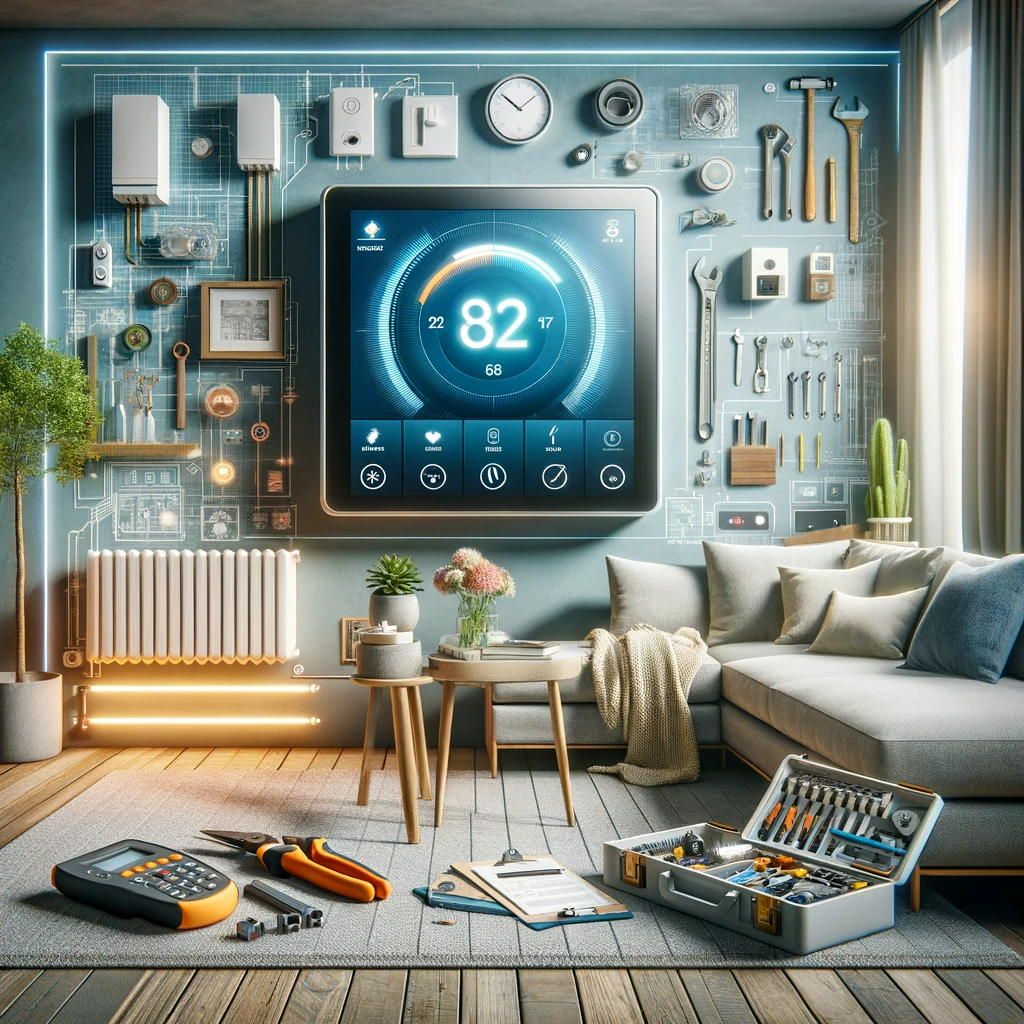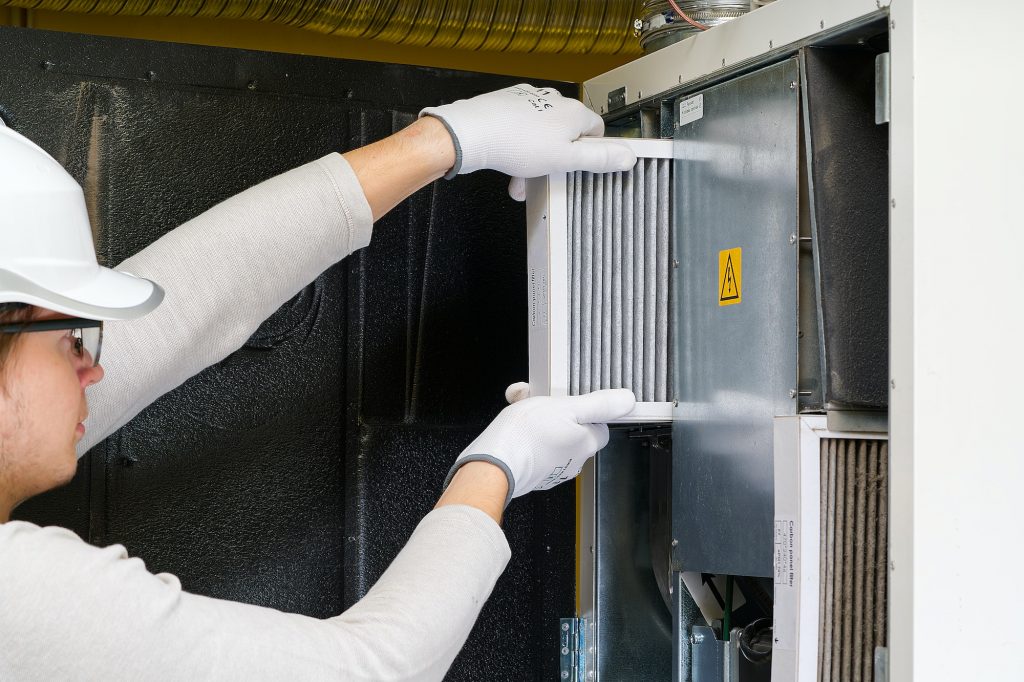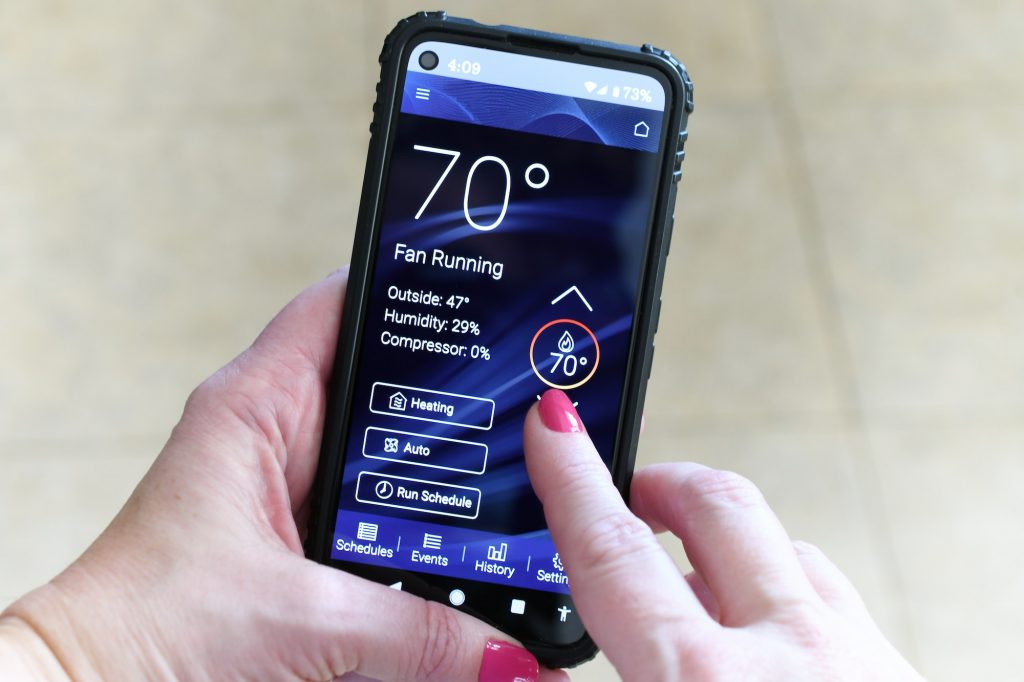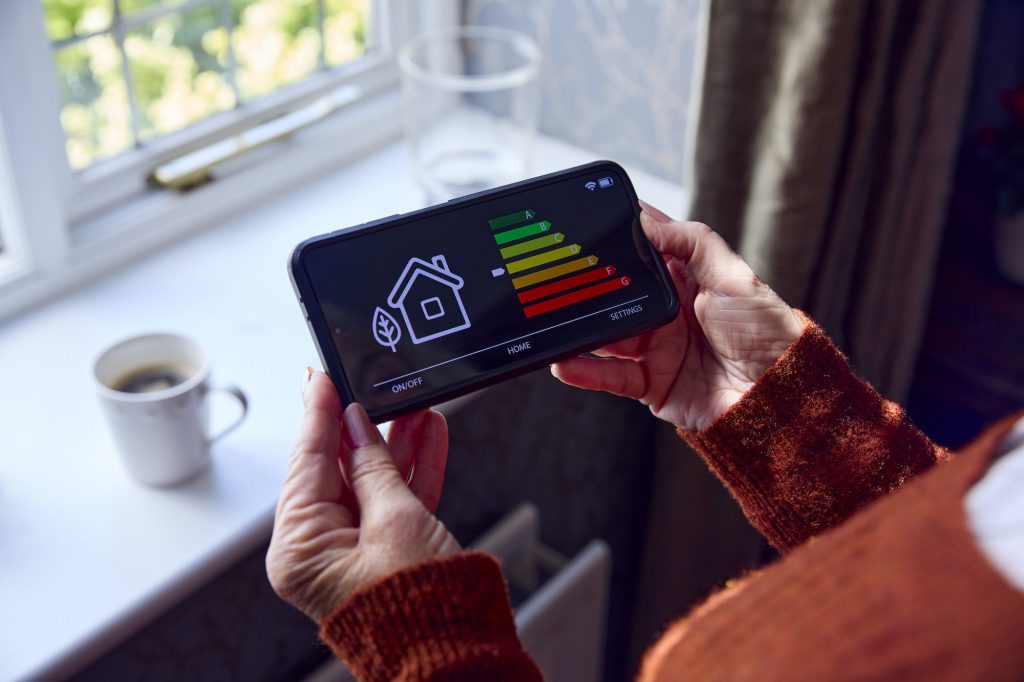Are you looking for ways to save energy and money on your heating bills? One solution that has gained popularity in recent years is the use of smart heating systems. These systems allow you to control your heating remotely and automatically adjust the temperature based on your preferences and schedule. However, to fully realize the energy-saving benefits of a smart heating system, you need to optimize it for your home and usage patterns. In this article, we will discuss several ways to optimize your smart heating system for energy savings.
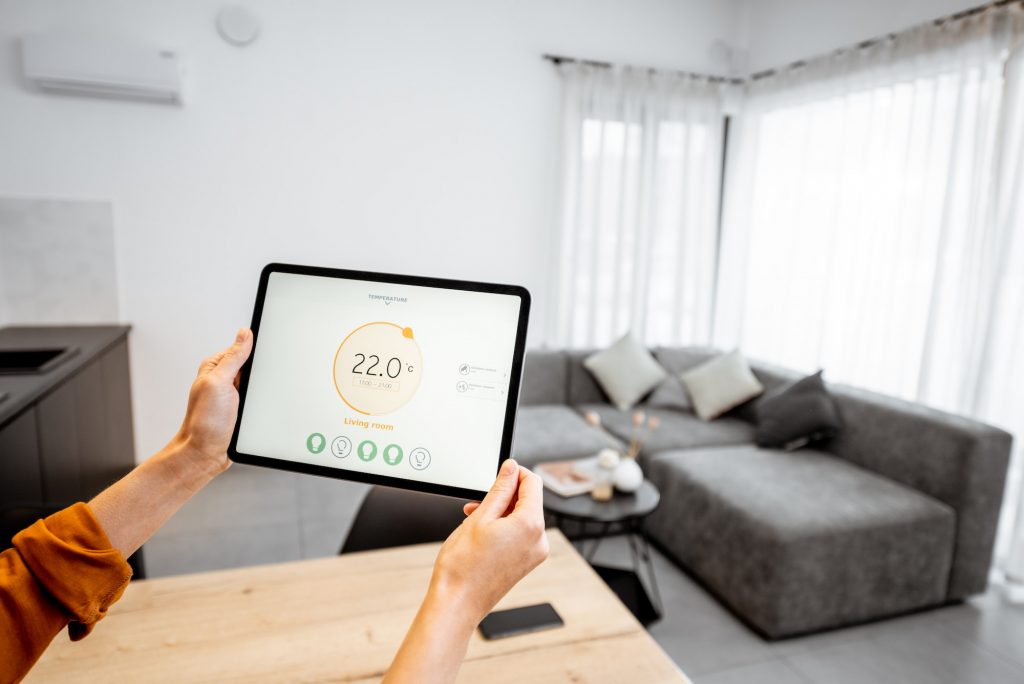
Understanding Smart Heating Systems
Before we dive into optimization tips, let’s first understand what smart heating systems are and how they work. Smart heating systems are a type of thermostat that connects to the internet and can be controlled using a smartphone app, voice commands, or automated schedules. They use sensors to detect when you are at home or away and adjust the temperature accordingly. Some smart heating systems can also learn your preferences over time and adjust the temperature automatically.
Tips for Optimizing Your Smart Heating System
- Choose the right smart heating system. There are many smart heating systems available on the market, each with its own features and compatibility requirements. Before purchasing a smart heating system, make sure to research and choose one that is compatible with your existing heating system and offers the features you need, such as voice control or energy usage tracking.
- Install your smart heating system correctly. To ensure optimal performance, it is important to install your smart heating system correctly. Follow the manufacturer’s instructions carefully or hire a professional to install it for you. Make sure the sensors are placed in the right locations, and the system is connected to your home’s Wi-Fi network.
- Use automated schedules to save energy. One of the main benefits of a smart heating system is the ability to set up automated schedules. Set the temperature to lower when you are away or asleep and increase it before you wake up or return home. This can save energy and reduce your heating bills without sacrificing comfort.
- Take advantage of geofencing. Geofencing is a feature that allows your smart heating system to detect when you are approaching the home and adjust the temperature accordingly. This can ensure that your home is warm and cosy when you arrive, without wasting energy while you are away.
- Integrate with other smart home devices. Smart heating systems can often integrate with other smart home devices, such as smart lights or security cameras. By combining these devices, you can create more advanced automation routines that further save energy and increase convenience.
- Upgrade your boiler connection with OpenTherm. OpenTherm is a communications protocol used in central heating systems that allow for better communication between the thermostatic controller and the boiler. Upgrading your boiler connection with OpenTherm can help you get full energy savings at home. [6]
- Install thermostatic radiator valves. Installing thermostatic radiator valves is a quick and simple addition to your heating system that can help you reduce energy waste and save money on your heating bills. They provide a better-performing heating solution, and you get satisfied customers. [7]
- Monitor your energy usage. Many smart heating systems offer energy usage tracking and reporting. Take advantage of these features to monitor your energy usage and identify areas where you can save energy and reduce your bills.
- Make changes remotely. One advantage of a smart heating control system is that you can make changes remotely using your smartphone or computer. This means you can adjust the temperature or heating schedules even when you are away from home. For example, if you are going to be home later than usual, you can delay the heating schedule to save energy and reduce your bills.
- Balance your radiators. Ensure that your radiators are balanced, so they are not wasting energy by heating up unnecessarily. You can balance your radiators by adjusting the valves and bleed them to remove any trapped air.
- Take advantage of zoning. Some smart heating systems offer zoning, which allows you to control the temperature in different rooms or areas of your home independently. This can save energy by only heating the areas of your home that you are using.
- Upgrade to a room thermostat. A room thermostat prevents your heating system from using more fuel than it needs to. It will turn the heating on until the room reaches the temperature you have set and then off until the temperature drops below your programmed temperature. Upgrading to a room thermostat can save energy and reduce your heating bills. [2]
- Take advantage of voice control. Once you have connected your smart heating system to your smart home device, you can use voice commands to set the temperature or check the temperature of your home. This adds convenience and makes it easy to control your heating even when you have your hands full.
- Set a budget and track your spending. Many smart heating systems offer budgeting and spending tracking features. Use these features to set a budget for your heating bills and track your spending to identify areas where you can save money.
- Consider upgrading to a smart radiator valve. Smart radiator valves allow you to control the temperature of individual radiators in your home, providing more granular control over your heating. They can be controlled using a smartphone app, voice commands or automated schedules, and can save energy by only heating the areas of your home that you are using.
Conclusion
In conclusion, optimizing your smart heating system for energy savings is easy with the right tips and tricks. By choosing the right smart heating system, installing it correctly, and taking advantage of automated schedules, geofencing, and other features, you can save energy and reduce your heating bills without sacrificing comfort. Consider upgrading to OpenTherm, installing thermostatic radiator valves, and balancing your radiators for additional energy savings. Take advantage of voice control, budgeting and spending tracking, and smart radiator valves to further optimize your smart heating system.


